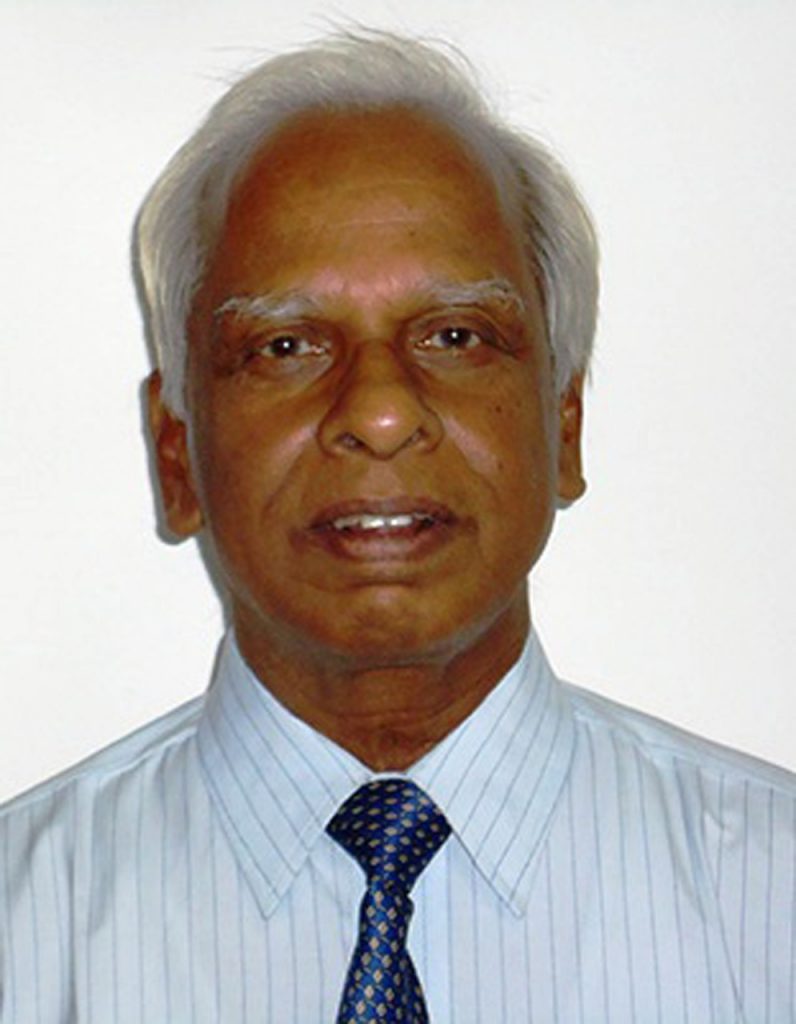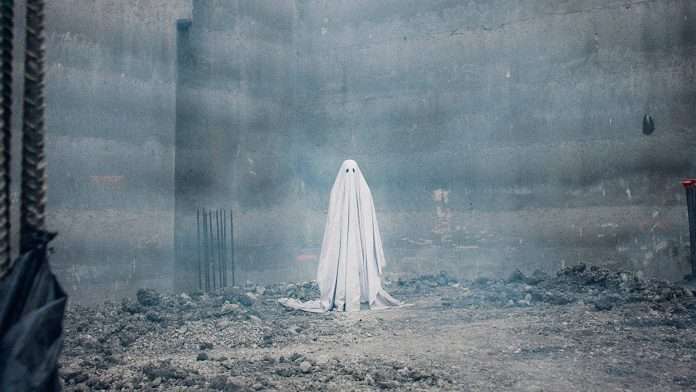There are two distinguished bhutas (ghosts) in Odia language and many unremarkable ones. As far as I know. One of these two ghosts is little-known at best and the other is virtually unknown. How on earth, then, are these “distinguished”? The nondescript ghosts have no “personal” names; they are often named in relation to the places where they are believed to be staying: masanibhuta (ghost of the cremation ground), kaiangachabhuta (ghost of the tamarind tree), bhutakothibhuta (ghost of the haunted house), for instance.
Our distinguished ghosts bear a personal name: Babana. They both have the same name, but that is by no means exceptional. Aren’t there more than one “Gajanan (earlier the word was pronounced with a vowel at the end: “Gajanana”) Babus”, in Odisha? It may sound absurd but I venture to suggest that in “Babanabhuta”, the suffix “bhuta” has the more or less a comparable function as “babu” has, when it is suffixed to a living person. Linguists say “babu” expresses cordiality and respect, etc. but I think it basically softens the curtness of a personal name and the rest follows. As an expression, which one sounds better: just the name “Gajanan” or “Gajanan Babu”, with the suffix? Utter these expressions for yourself; you’ll know.
One of the two Babanabhutas is associated with Mahaprabhu Jagannath’s GundichaGhara. He lives there quietly. No one calls him GundichaGharabhuta, after his permanent abode; he is referred to as just Babanabhuta. No known literary text in Odia seems to have cared to mention him, even in passing. But he is not exactly unknown because in the Ratha Yatra stories in our dailies on the day before the Yatra and on the day the Deities leave GundichaGhara, he finds a casual mention.
Only the journalist and author, Asit Mohanty, wrote a serious column about the two Babanabhutas – in 2018, I think. But what has remained unnoticed about him is that unlike the ghosts, distinguished or undistinguished, he has not passed through death. If he is still called a ghost, it’s because he is believed to look like and behave like one. But that is his job requirement. More of him sometime later. Because this piece is really about the other Babanabhuta.
He is trapped in Sarala Das’s Mahabharata and as such, his story is virtually unknown to those who are not acquainted with this work. He needs to be introduced to the wider world. One can never be sure whether his story is Sarala’s creation or his adaptation of some existing tale. It has no equivalent in Vyasa Mahabharata. Just as parts of the classical narratives are said to have their origin in the long forgotten oral tales, similarly we wish to think that bits from written literature become part of the repertoire of the oral tradition in the form of tales, proverbs, idioms, wisecracks, etc. in course of time.
The story of Babanabhuta occurs in Udyoga Parva. Duryodhana’s wife, the virtuous Bhanumati, told him the story. Yudhisthira did not want war in the family. Neither did Arjuna, Nakula and even Bhima, despite his oaths to drink Dussasana’s blood and break Duryodhana’s thigh. Yudhisthira would be content with just a village, as would Arjuna. Bhima wanted two villages for himself, as did Nakula – one for Sahadeva and one for himself. Sahadeva knew what was in the Avatara’s mind; so, when Krishna asked him, he said nothing about whether he wanted or did not want war or how many villages he wanted if war was not to take place. Neither Yudhisthira nor anyone else knew what he told Krishna and what Krishna told him. Let’s not be curious and let’s leave it at that – for now.
In the Kaurava court, Krishna told Duryodhana that if he gave only five villages to the Pandavas, the latter would not go to war against him as they did not want a fratricidal war. Accepting Bhishma’s advice, Duryodhana was inclined to give the Pandavas two villages but Sakuni counselled him against it. “The Pandavas must be given nothing at all”, he told king Duryodhana,“let Krishna go empty-handed”. When Bhanumati heard this, she told her husband the story of Babanabhuta.

In the village named Gyanapura, near the river Tungabhadra, for some unknown reason, its inhabitants became pretas (ghosts) after death. A tantric named SudrakaRaula, came to live in that village with his family and soon gained the good will and the respect of the inhabitants because of his good nature. One day he noticed an unused, cultivable piece of land near the hill and requested the villagers to allow him to till it. They had no objection but they warned him against doing so because some notorious ghosts had taken possession of that land. Sudraka told them that he wasn’t afraid and that he would tie up the ghosts if necessary. He sent his ploughmen and labourers to till the land.
When the ghosts harassed them, he caught them in a net using his tantric knowledge. Then the ghosts made peace with him and obtained their release by giving him a considerable measure of til (sesame seed). After some time, their king, Babanabhuta, a very dangerous and wicked ghost, arrived and he was furious to find that their playfield had been usurped and was being used for cultivation. Despite the warnings of the ghosts, he possessed Sudraka’s only son but got terribly scared when the tantric tried to immure him with iron nails. He was released when he promised Sudrakathat he would give him a huge amount of paddy. This, his ghosts collected, by attacking people of the neighbouring villages. What else can ghosts do!
One would end up like Babanabhuta, said Bhanumati to her husband, if one enjoyed the property alone that belonged to all. It was her suggestion and her warning. The kingdom of Hastinapura belonged to the Kurus; that is, the Pandavas and the Kauravas both. Depriving the Pandavas of their share of the kingdom was unjust and would certainly lead to trouble for the Kauravas. Duryodhana did not follow her sage counsel; he chose to follow Sakuni instead. What happened is too well known to recount here.
(The views expressed are the writer’s own)

Prof. B.N.Patnaik
Retd. Professor of Linguistics and English, IIT Kanpur
Email: [email protected]
(Images from the net)

